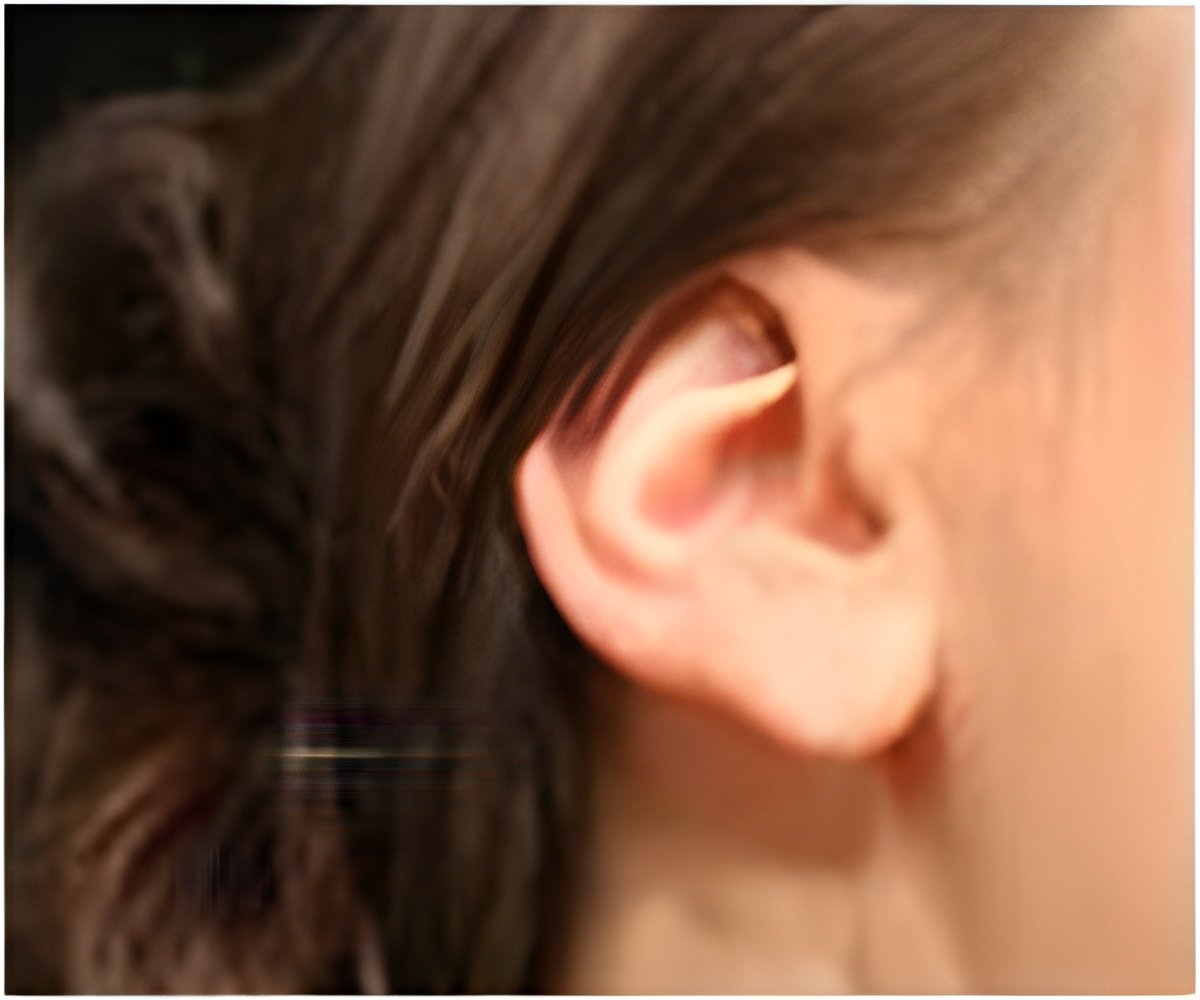
‘Pumping up the volume of your headphones or trying to get to get front row seats at a rock concert can have a devastating impact not only to your hearing, but also to your brain.’
Tweet it Now
"Hearing loss, even minor deficits, can take a toll in young people - they're using cognitive resources that could be preserved until much later in life," said lead researcher Yune Lee, an assistant professor of speech and hearing science at Ohio State. "Most concerning, this early hearing loss could pave the way for dementia."Lee and his collaborators recruited healthy men and women who were 18 to 41 years old so that they could monitor their brain activity while the subjects listened to various sentences. The structure of the sentences varied in difficulty because the researchers wanted the 35 participants' brains to have to work harder to comprehend some of the messages.
The original study was designed to look just at brain differences when sentence complexity increased - something that is possible with use of functional magnetic resonance imaging (fMRI), technology that allows scientists to measure and map brain activity.
But the research team stumbled upon a surprising discovery. Before the fMRI tests, the researchers tested participants' hearing to make sure there weren't any problems that would interfere with the study. Some of the young people had subtle hearing deficits, but nothing serious enough to exclude them from the research.
As it turned out, those with minor hearing deficits had fMRI results that took an unexpected turn. Lee and his colleagues were expecting brain activity in the left hemisphere of the brain. But in the subjects with subtle hearing decline, the fMRI was showing activity in the right hemisphere as well - in the right frontal cortex, to be exact.
Advertisement
"But in our study, young people with mild hearing decline were already experiencing this phenomenon," Lee said. "Their brains already know that the perception of sound is not what it used to be and the right side starts compensating for the left."
Advertisement
And he's especially worried about the link between hearing loss and dementia.
"Previous research shows that people with mild hearing loss are twice as likely to have dementia. And those with moderate to severe hearing loss have three to five times the risk," Lee said.
"We can't be sure, but we suspect that what happens is you put so much effort into listening you drain your cognitive resources, and that has a negative effect on your thinking and memory and that can eventually lead to dementia."
Lee said young people should take their hearing health seriously and understand that there could be serious repercussions down the road if they don't. And it's important to recognize that risks arise from routine exposures, such as listening to music on portable players and attending live music events, he said.
"Letting this process happen early in your life could be like spending your retirement money when you're in your 30s," Lee said. "You're going to need that down the road."
Source-Eurekalert













